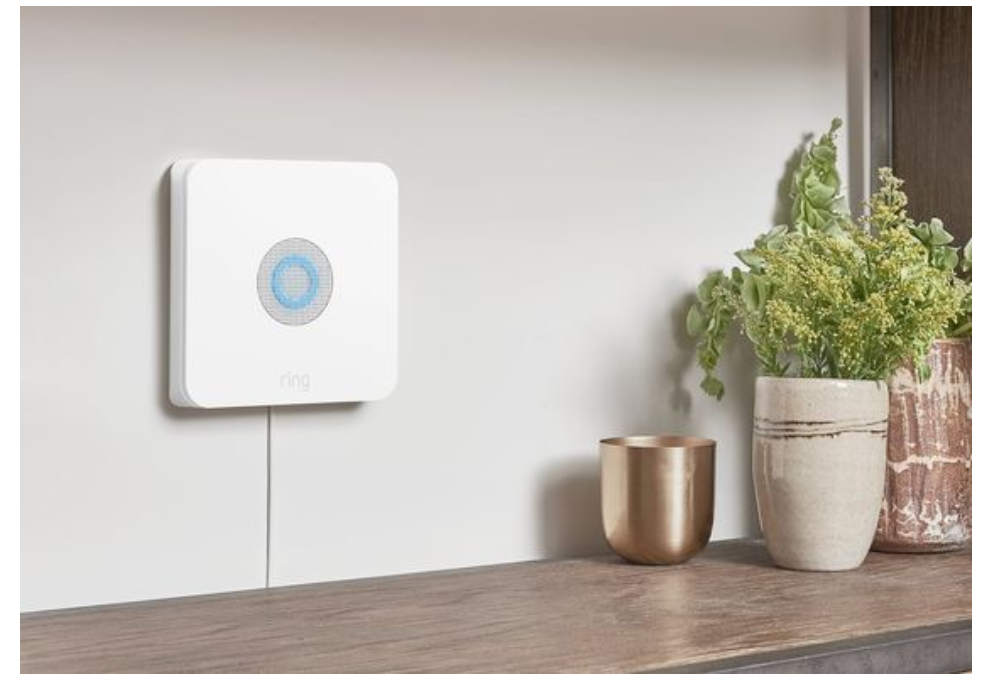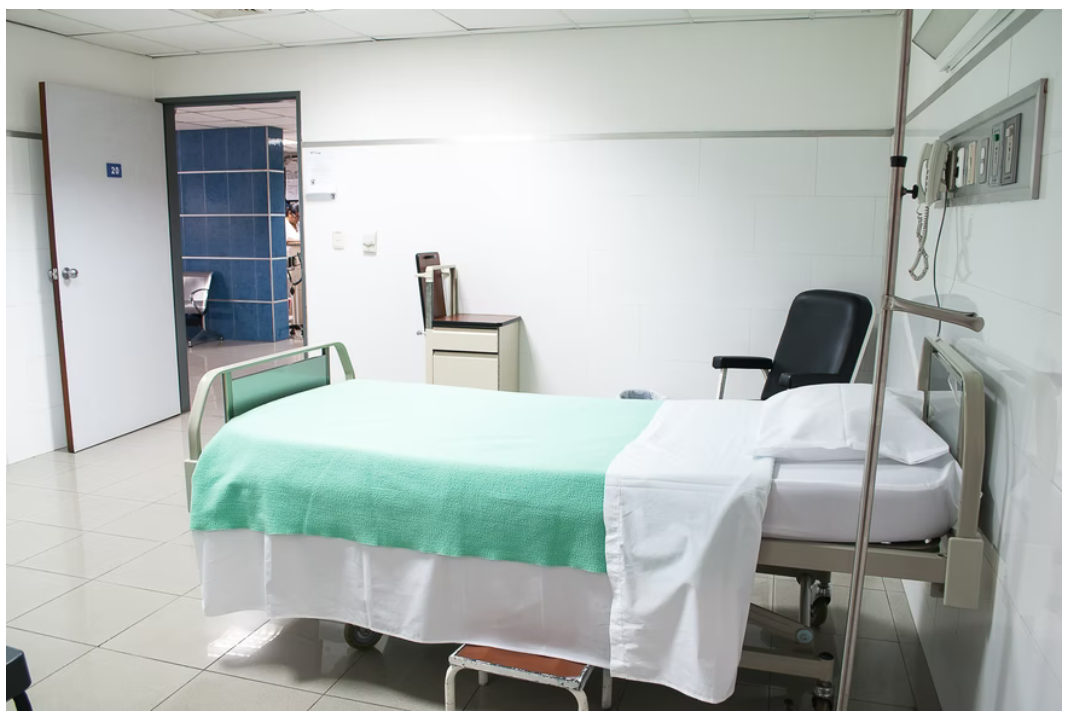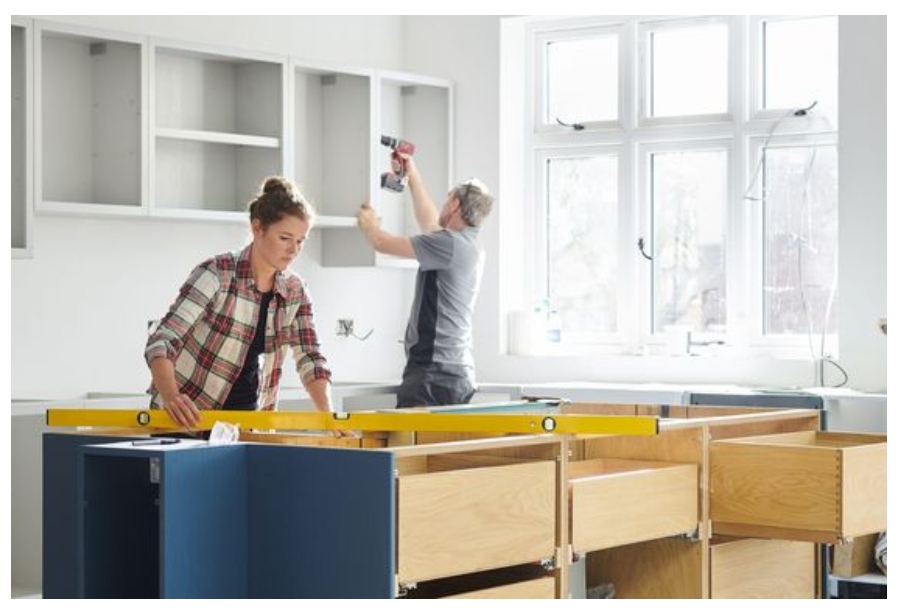How to Modify Your Home for the Ultimate Home Care
Home care is the special attention given to a person at home with either chronic illness, the elderly, or disability. Home care is essential because it makes the person receiving care feel loved and close to family. Additionally, home care reduces the expenses that you would have spent in hospitals. There are ways you can modify your home to ease your work and to make the one receiving care feel more comfortable.
In this post, we focus on how you can adjust some things at home to ensure you achieve your goal.
Incorporate a Ramp

Many homes usually have stairways as opposed to ramps. Stairs are easy to use if you are healthy or have no disability, but it is one thing to consider if you want to improve your home for home care. A ramp is accessible to anybody regardless of their condition. For example, if you are caring for a person using a wheelchair, a ramp will ease your work. Going upstairs and downstairs will become easy, making the sick person feel like part of the family.
You don’t have to take food to them; instead, they can join the family in the dining room and enjoy meals together. Making them feel normal is one way of precipitating their recovery or rehabilitation.
Install Alarms and Monitors

One way of caring, especially for the sick, is installing an alarm system. Depending on how severe their condition is, you can have both monitors and alarms. For example, if they are immobile, they can use the alarm whenever they need help or require something. The alarm will notify whoever is at home and will provide the necessary support. On the other hand, Monitors are effective when dealing with someone who cannot use an alarm to notify you themselves.
Monitors can be synched with alarms to notify you in case of any deviation from the normal. Alarms and monitors can also help sick people by alerting them when they take their medication. You can also use monitors as a tracker when dealing with patients with conditions such as dementia or Alzheimer’s.
Integrate Medical Equipment at Home

When caring for a very sick person at home, you will have to integrate some medical equipment at home to aid in their care. Some conditions require additional support, like kidney disease (failure), heart conditions, and respiratory conditions. In the case of the latter, you might need some form of oxygen therapy. You can liaise with your hospital to help you achieve it. Incorporate concentrators like 5a Zeolite to help with air purification.
For kidney failure, you can use a hemodialysis machine at home. If you cannot afford a private nurse, you can ask a nurse or doctor to teach you how to operate the machine.
Widen Passageways and Doors

Continue with additional home improvement ideas like widening passageways and doors. A wide door will eliminate the need for you to be there 24/7 if there is a wheelchair at home. Wheelchairs need more space to pass without any hindrance; you can contact a home improvement company to come and help with these modifications. The changes should not only be limited to the doors but also corridors. Ensure that your home is very friendly for anyone with any condition to stay.
Be Ready for Power Outages

Blackouts can happen anytime, and they might put the life of a person at risk. Some medical equipment requires power to function, and any power outage will be fatal to the invalid. You should plan for unexpected blackouts by having additional medical equipment that is fully charged. You can also use batteries or, better yet, have a backup generator to run when there is no electricity.
Also, you can use solar lights if you don’t have any equipment that needs high energy. Solar lights can help light up rooms to prevent any accidents from tripping.
Rooms Modification

You also need to change different rooms to make sure they will be easy to use. In the kitchen, lower all the cabinets and counters to serve themselves whenever. The objective is to make them self-sufficient, making them feel valued. You should also change bathrooms to ensure they can help themselves without constantly needing help: lower toilet seats and bathtubs for accessibility. Also, when they are lower, it will be easier for you to help them whenever help is needed.
Additional Tips
- Change the flooring if it is slippery to prevent accidents.
- Remove unnecessary objects on passageways to prevent tripping.
- Change switches and taps to a place more accessible.
- Install rails to help with support in different parts of the house.
- Ensure you observe high hygiene standards to prevent infections.
- Ensure there is safety by installing smoke detectors and other danger alerts.
Conclusion
Taking care of family members is fulfilling, but sometimes, it might become very tiresome and demanding. Home modifications are ways you can ease the work to help you take care of them. Also, home modification help in their recovery since you will create a sound environment for them without feeling like a burden. There are many other ways you can modify your home, and this post highlights the best ways.


